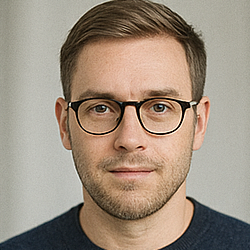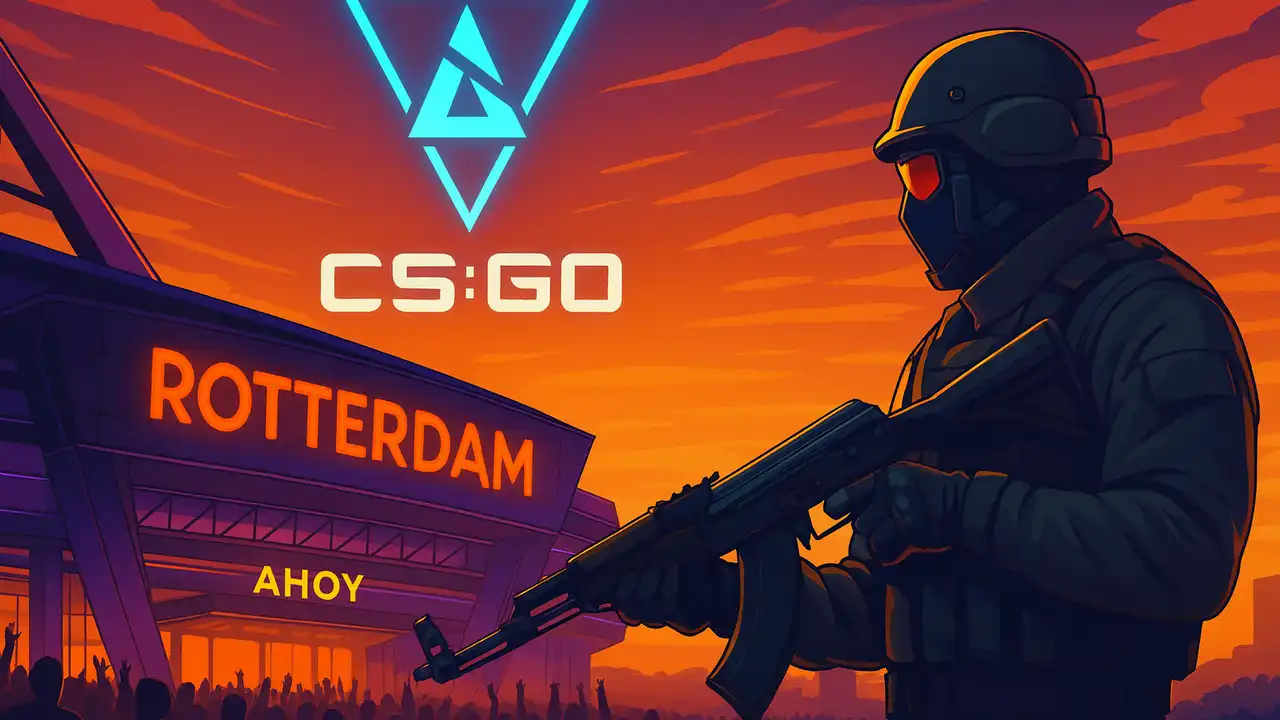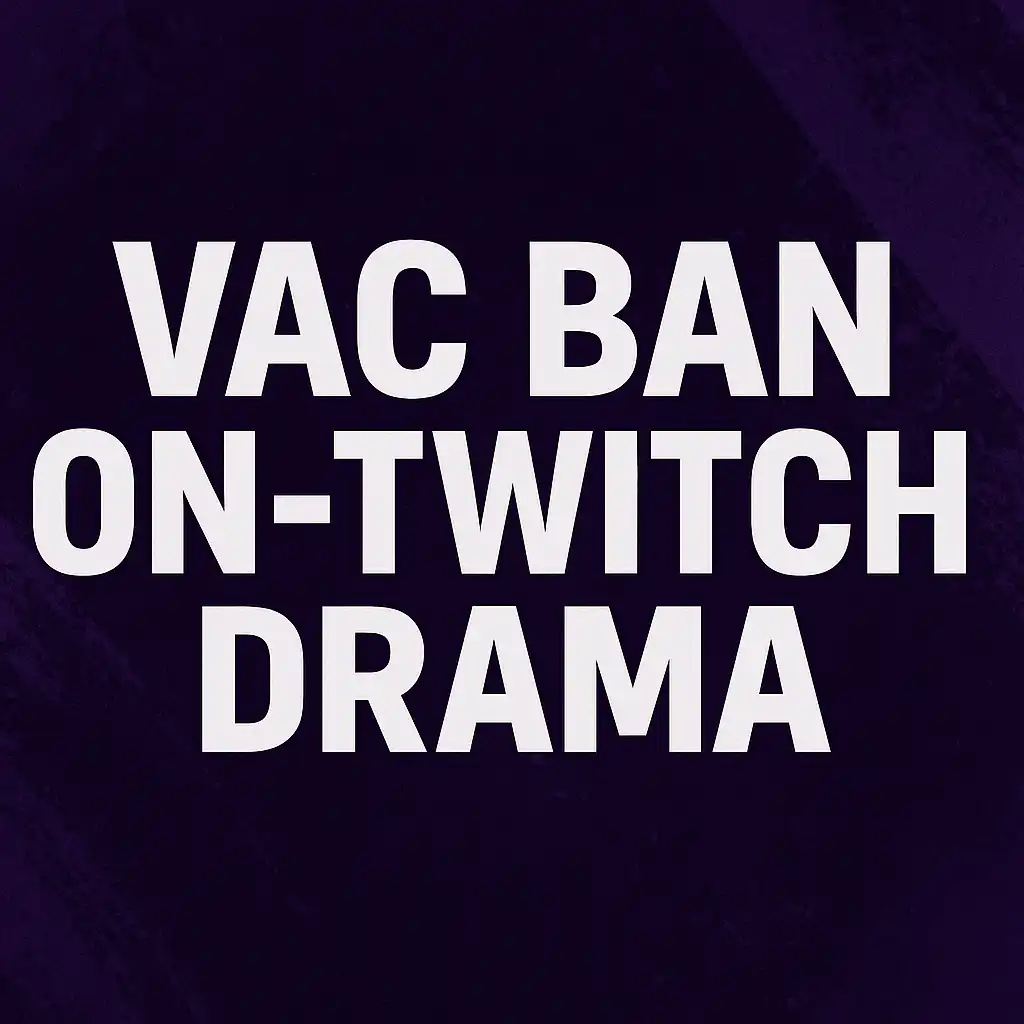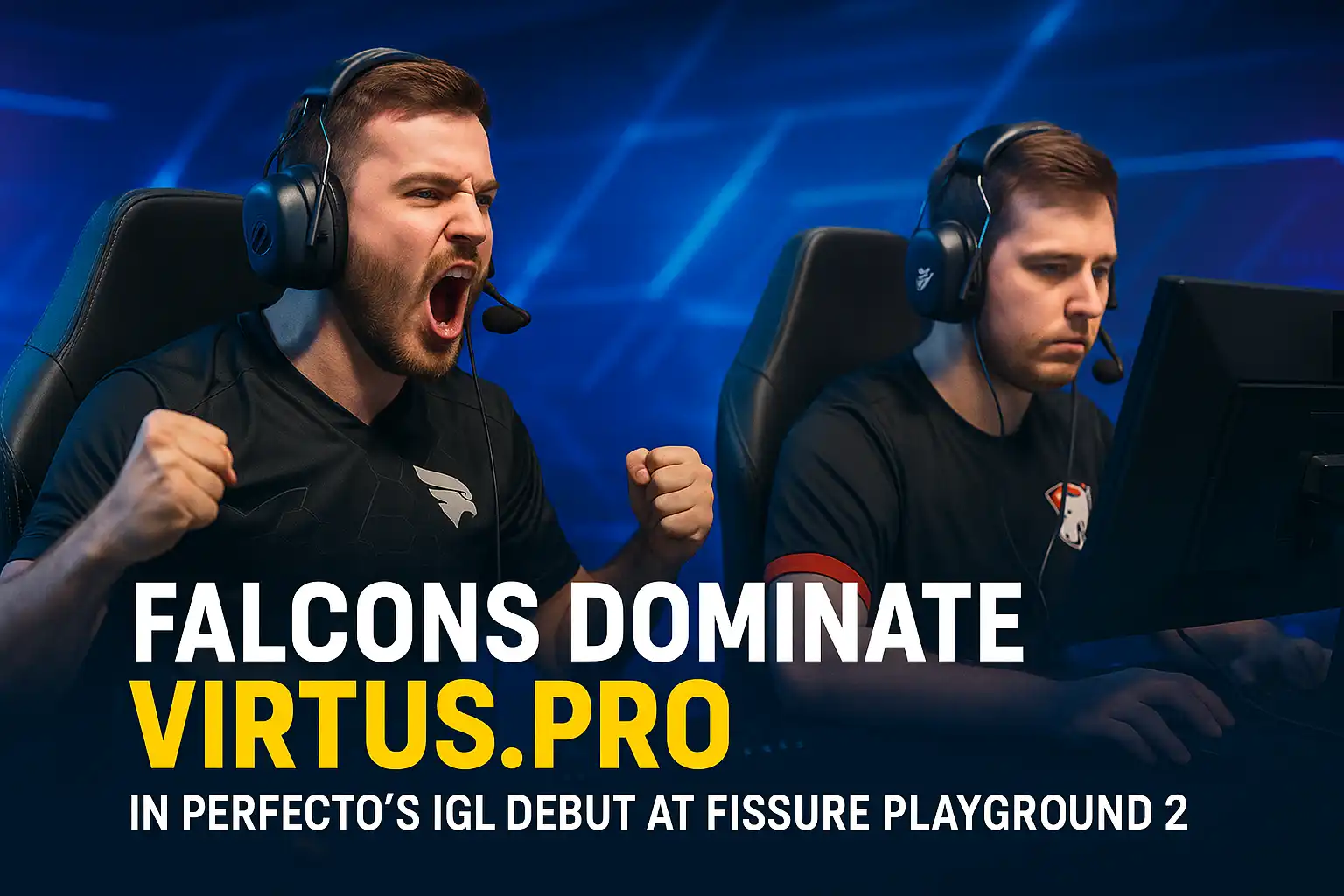PGL CEO alleges rivals are pressuring teams; points to calendar clashes as Valve’s open-circuit rules kick in
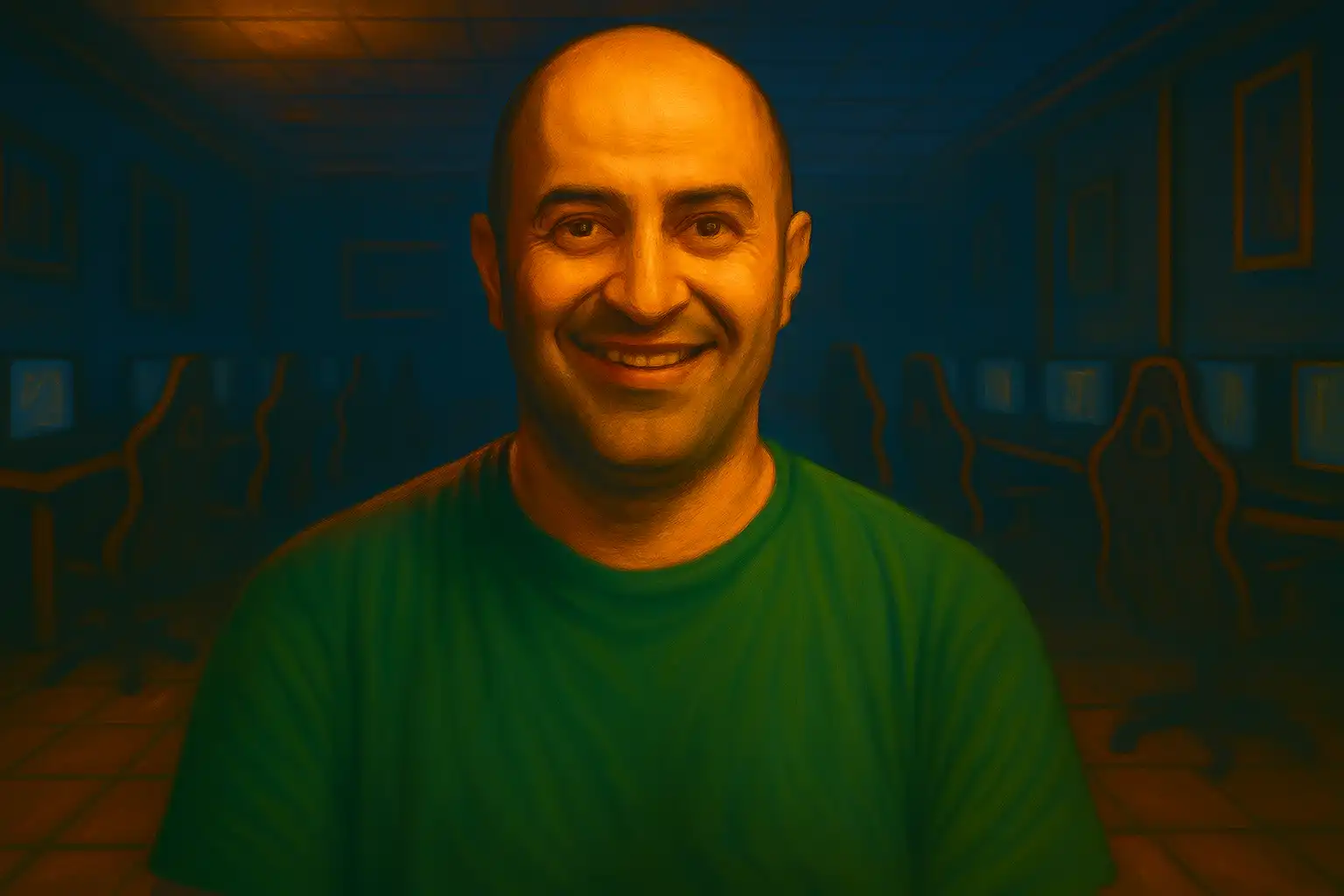
PGL CEO alleges rivals are pressuring teams; points to calendar clashes as Valve’s open-circuit rules kick in
PGL chief executive Silviu Stroie says the company will “continue to run CS2 events despite concerted efforts from multiple parties to stop us,” claiming some competitors are pressuring or discouraging teams from attending PGL tournaments. Stroie made the remarks publicly on X after PGL’s sold-out event in Cluj-Napoca, framing the situation as an attempted monopoly and vowing to keep scheduling arena shows in 2025–26.
While Stroie did not name specific organizers in his post, regional outlets and community round-ups interpreted the comments as a shot at the two dominant TOs, ESL FACEIT Group and BLAST, which have historically run the lion’s share of tier-one Counter-Strike events. One recap quoted Stroie saying rivals “knew our dates for both 2025 and 2026” and alleged a “joint strategy” to crowd PGL out—a claim that, if true, would run against Valve’s stated goal of an open ecosystem. (Neither ESL nor BLAST has published a direct response to Stroie’s allegation at the time of writing.)
Why the accusation matters now
Valve fundamentally reshaped Counter-Strike esports for 2025 onward, ending TO–team partnership models and requiring objective invites (Valve Regional Standings) or open qualifiers, plus public team compensation. Valve also set announcement-date rules for major events to limit late calendar ambushes. The changes were explicitly meant to prevent gatekeeping and monopolistic schedules. PGL and its rivals must now license events under these rules.
Against that backdrop, calendar friction has been frequent. PGL’s Belgrade 2025 LAN was moved into PGL’s studio earlier this year, and the city of Kraków pulled a 2027 PGL arena booking only for PGL to immediately re-announce the event on the same January dates at a new venue—dates that also overlap with the BLAST Bounty window. Each episode fed community narratives about schedule wars, even if the underlying decisions were driven by venue logistics or city politics.
What happened around PGL Cluj-Napoca 2025
Stroie’s post referenced the Cluj-Napoca stop—an arena show that sold out—and followed weeks of roster and attendance turbulence. FURIA withdrew just days before the event and PGL filled the slot with Imperial fe/Imperial Valkyries, a late change that was documented by HLTV and Esports Insider. Separately, several top teams opted to skip Cluj entirely, a choice an HLTV editor attributed to PGL’s event monetization model rather than competitive considerations. Regardless of motivation, the net effect was a leaner head-liner list—fuel for PGL’s argument that external pressures are shaping attendance.
Valve’s rules: the guardrails everyone cites
Valve’s 2025 rulebook—summarized across trade outlets—bans franchised invites, mandates VRS-based seeding or open qualifiers, and requires transparency on team payments. There are also hard deadlines: for 2025 events, organizers had to announce by September 1, 2024, and longer lead times apply for 2026 and beyond. PGL has publicly presented a two-year CS2 slate under those constraints; ESL and BLAST refactored their ecosystems as well. The spirit of the framework is to reduce the ability of any single TO to corner dates or participants.
No formal finding—just competing narratives
It’s important to underline that Stroie’s claim is an allegation, not a formal finding. At the same time, recent scheduling flashpoints and high-profile team withdrawals from PGL events (for reasons ranging from visa strategy to commercial calculus) are now being read through the lens of “pressure”—whether that means financial incentives, appearance-fee structures, or simple calendar congestion that forces teams to choose.
The bigger picture
PGL’s public posture echoes comments Stroie has made in previous cycles about “disrupting monopolies” and ensuring a plurality of event operators. The present fight arrives as Valve increases its oversight (via licensing and VRS) and as tournament brands compete for venues, sponsors, and broadcast slots in a tighter market. How strictly Valve enforces announcement windows and non-interference principles will decide whether the open-circuit ideal holds—and whether the accusations of intimidation fade or escalate.
Key facts (all verified)
-
PGL CEO Silviu Stroie publicly alleged “concerted efforts” by unnamed parties to stop PGL events and pledged to keep running CS2 tournaments.
-
Top teams skipped PGL Cluj-Napoca 2025; FURIA withdrew late and Imperial fe/Valkyries replaced them.
-
Valve’s 2025 rules end TO–team partnerships, require VRS-based invites/open qualifiers, and set advance announcement deadlines.
-
Scheduling/venue disputes have surrounded PGL (Belgrade studio move; Kraków 2027 venue cancellation with PGL intent to keep dates that overlap BLAST Bounty).


